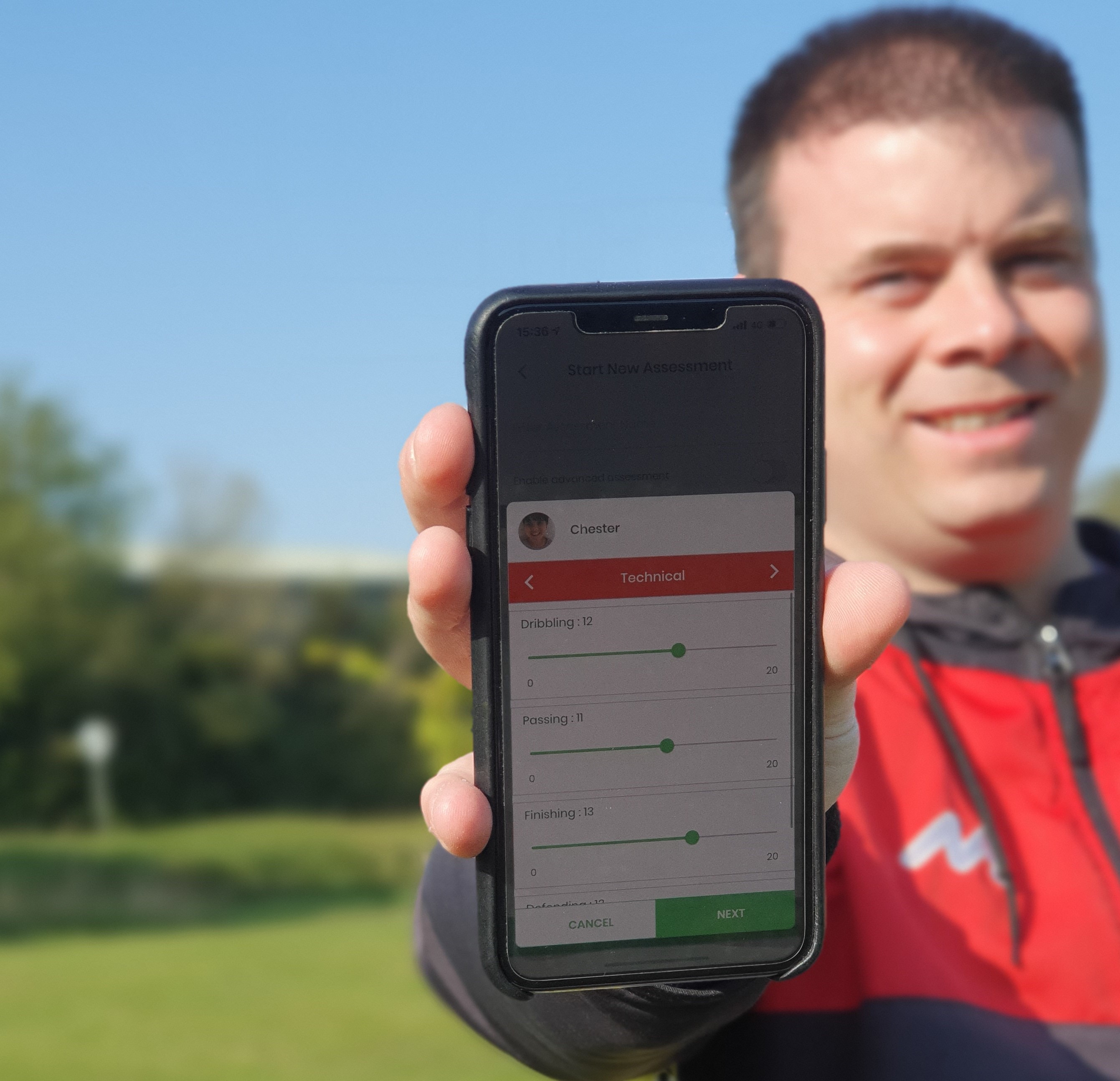Drug education charity, the DSM Foundation has recently released survey data showing that vaping is the most commonly used substance among 15-18 year olds, with 95% of respondents citing it. The survey, conducted during the 2023-24 academic year, gathered responses from just under 5,900 students in Years 11-13 (or equivalent in Scotland). The survey was completed anonymously ahead of a workshop delivered by one of the DSM Foundation’s drugs education team members.
Not only does this survey provide valuable insight into the substance use and behaviors of young people, but it also helps the charity identify what topics will be most relevant and effective for their workshops. The survey covers a range of topics, including previous drugs education, subjects students want to learn more about, and their perceptions of substance use among their peers.
In response to the question “Which are the main substances people in your year group use, if they do?”, vaping was the most popular answer at 95%, followed by alcohol at 90%, cannabis/weed at 67%, and cigarettes at 65%. Other substances mentioned were cannabis edibles (36%), nitrous oxide (20%), ketamine (19%), cocaine (14%), magic mushrooms (12%), MDMA/ecstasy (11%), steroids (10%), LSD (8%), and benzodiazepines (4%). Some students also provided alternative answers, with snus (nicotine pouches) being the most common, mentioned by 39 young people. Other alternative answers included cannabinoids/THC/Spice (32 students) and image and performance enhancing drugs (12 students).
Compared to the previous academic year, these numbers were slightly lower except for vaping and steroids. However, there was an increase in students mentioning snus, THC/spice/cannabinoids, and IPEDs in the 2023-24 survey.
When asked about the substances that cause their peers the most problems, 75% of respondents named vaping as the top answer, followed by alcohol at just over 50%. Other substances mentioned were similar to the previous year, including cannabis, cigarettes, and nitrous oxide. However, there was an increase in alternative answers, with snus, cannabinoids/THC/Spice, and IPEDs being mentioned by a higher number of students compared to the previous year.
The survey also asked students about the reasons for drug use among young people. “Curiosity”, “socializing”, and “for fun/relaxation” were the top reasons given. However, over 58% of students also stated “pressure” as a main reason, followed by “coping with problems” (38%) and “addiction” (27%).
In terms of where young people come across drugs, the top answers were parties/gatherings, outdoor areas such as parks, someone’s house, social media, online, and school. These figures were similar to the data gathered in the previous academic year.
Fiona Spargo-Mabbs, Director, Founder, and Dan’s mum at the DSM Foundation, stated, “This data is incredibly useful for us in planning our drug education to make sure we meet the needs and priorities of students, but they also provide an invaluable insight into evolving trends, attitudes and behaviours, which inform all our wider work.” She also expressed concern over the increasing appearance of synthetic cannabinoids and the unintentional harm caused by vaping “Spice.” She emphasized the importance of effective drug education and the need for continued vigilance and collaboration within communities to support young people in making safer choices.
The DSM Foundation is a drug education charity established in 2014 following the death of 16-year-old Daniel Spargo-Mabbs from an accidental overdose of ecstasy. The charity’s aim is to provide young people with relevant, age-appropriate, up-to-date, and evidence-based information about drugs to help them make safer choices. The charity works in almost 750 schools, colleges, and community organizations, providing workshops for young people, parents, and caregivers, as well as training for school and college staff. They also offer a verbatim play, “I Love You Mum, I Promise I Won’t Die,” which tells Dan’s story in the words of his family and friends. Schools and colleges can also access free, age-appropriate, evidence-based drug education lesson resources from the DSM Foundation website.
For more information about the DSM Foundation, please visit their website at https://www.dsmfoundation.org.uk/. Media inquiries can be directed to media@dsmfoundation.org.uk.







